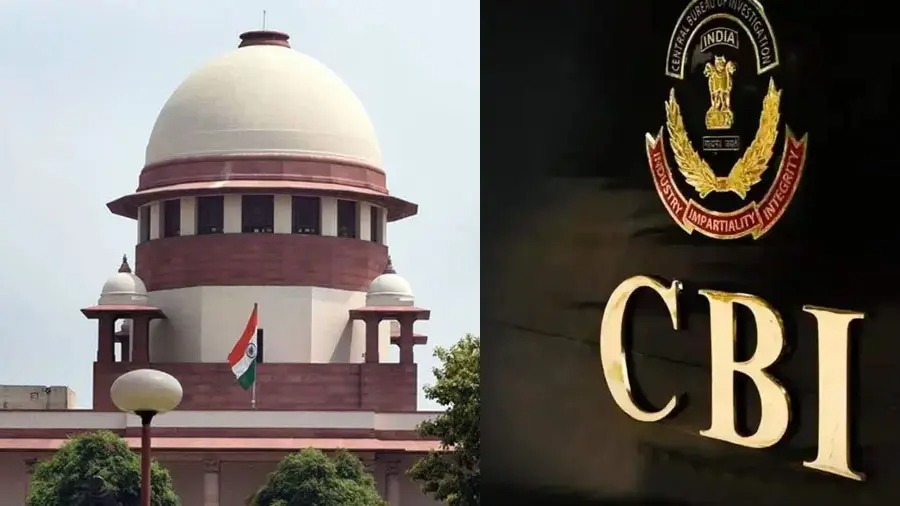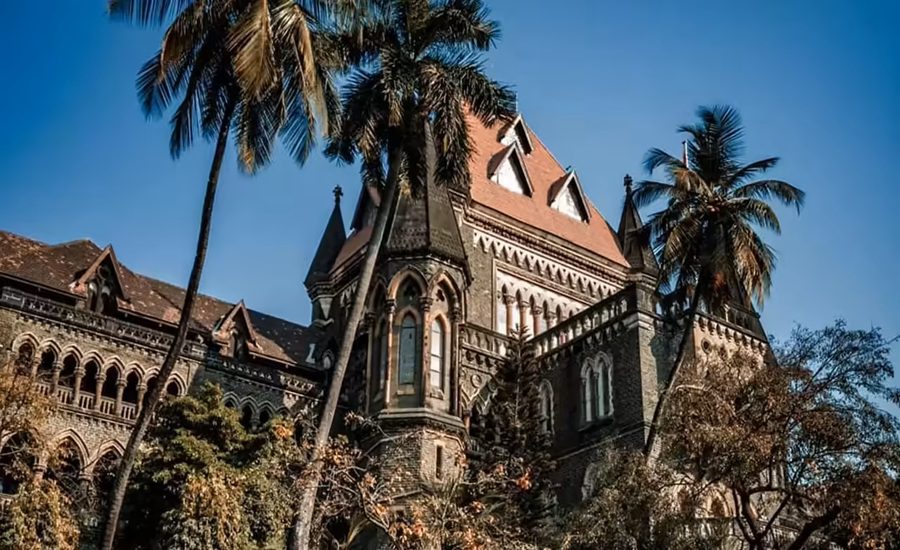S.N. Jha, J.@mdashThe dispute in this writ petition relates to the effective date of grant of freedom fighter''s pension. The petitioner has been allowed such pension with effect from 15.11.93 vide letter of the Under Secretary to the Government of India, Ministry of Home Affairs (Freedom Fighter Division) dated 14.1.94. According to him, he is entitled to the pension with effect from 1.8.80, the date when the revised freedom fighter''s samman pension scheme became effective. The claim for freedom fighter''s pension with effect from 1.8.80 has to be summarily rejected in view of the fact that the petitioner made application for grant of such pension on 23.7.81 and in the case of
2. Though it has not been said so in the communication dated 14.1.94 (supra), in the supplementary counter affidavit the respondents have stated that the petitioner was allowed freedom fighter''s pension giving him benefit of doubt, as per the decision of the Supreme Court in the cases of Union of India vs. Ganesh Chandra Dolai and Union of India vs. M.R. Chelliah Thevar. It may be mentioned here that in view of an apparent conflict between the decisions in Mukund Lal Bhandari vs. Union of India and Union of India vs. Ganesh Chandra Dolai, both rendered by two Judge Benches of the Court, the matter came to be considered by the three Judge Bench in Union of India vs. M.R. Chelliah Thevar. The conflict was resolved in the following words:
The distinction, however, is that in the case relied on by the Union of India the respondents were granted the benefit under the policy not because it was a clear case of the respondents being freedom fighters but because benefit of doubt was given and hence the pension was restricted from the date of the order and not the date of application. In the two cases relied on by the respondent there was no question of the benefit having been founded on a finding of fact which did not clearly establish that the petitioners were freedom fighters but on the liberal ground of giving them the benefit of doubt and restricting it from the date of order. We are, therefore, of the opinion that there is a distinction between the decision relied on by the learned Additional Solicitor General on behalf of the Union of India and two decisions relied on by the respondent. In the instant case, since the benefit of doubt as given and the status of freedom fighter was recognised on the basis, the case would be covered by the first mentioned decision dated 24th April, 1995 (Union of India vs. Ganesh Chandra Dolai & Ors.).
In the result, the appeal is allowed and it is directed that the benefit will be given to the respondent from the date of the order.
3. Shri N.K. Agrawal, learned counsel for the petitioner, submitted that it is not open to the respondents to assign any reason which has not been mentioned in the impugned order/communication to support their stand, as held in the well known case of Mohinder Singh Gill vs. The Chief Election Commission, AIR 1978 Supreme Court, 851. In any view the plea of the respondents that the present case was doubtful one and, therefore, covered by the ratio of the decision in Union of India vs. Ganesh Chandra Dolai or Union of India vs. M.R. Chelliah is not correct on facts. Counsel stated that for being eligible for grant of freedom fighter''s pension the applicant has to establish amongst other things that he had undergone sufferance for minimum of six months either in jail custody or as an absconder. He referred to the extracts from the relevant G.R. register and submitted that from bare reading of the order sheet of the case it would appear that the petitioner had remained underground in connection with the said case for well over six months. Shri S.N. Pathak, learned Standing Counsel for the Central Government, on the other hand, submitted that the case of the petitioner is covered by the orders passed in the cases of Ganesh Chandra Dolai and M.R. Chelliah Thevar. He urged that it is the Central Government which has to satisfy itself regarding suffering on the basis of reliable evidence and as in the present case no reliable evidence to the satisfaction of the Central Government was produced, the Government was well within its power and discretion to limit the grant of pension from the date of the order giving the petitioner benefit of doubt.
4. I am aware of the limitation on the power of judicial review against administrative decisions. This Court is not supposed to sit as court of appeal over decisions of the administrative authority and substitute its own finding and view in place of the finding/view reached authority, nor can it go into the question of adequacy. However, though the satisfaction is to be reached by the concerned authority of the Central Government there can be no doubt that such satisfaction is to be reached on the basis relevant materials and without considering any irrelevant materials. If that is so it would vitiate the decision and then it is open to the High Court under Article 226 to interfere. As, in my opinion, the claim of the petitioner finds enough support from the record of the case of G.R. No. 948/42 it would be useful to state relevant facts. From the G.R. register enclosed Annexure-B to the supplementary counter affidavit of the respondents, it appears that on 21/22.8.42 Bariarpur P.S. Case No. 16 was instituted in respect of an occurrence which took place on 16.8.42 against Ram Singh and 47 others. On 29.9.42 chargesheet dated 28.9.42 was submitted in the case against Ram Singh and 10 others. The petitioner and others were described as absconders. The name of the petitioner is mentioned at serial no. 4 of the absconders'' list. In the trial which followed the chargesheeted sent up accused were finally acquitted on 17.12.42.
5. A doubt arose as to whether the case ended in acquittal within a period of less than six months the petitioner could be held to have undergone sufferance of six months. Counsil for the petitioner in this connection my attention to the subsequent sheet of the case pointing out that through the case ended in acquittal as against the sent up accused, it was only after the note of the Dy. S.P. dated 10.3.44 was received that the warrant of arrest and processes against the absconders were recalled and the concerned Sub-Inspector of Police were directed to release the attached property. Counsel stated that though the date of that particular order (regarding recall of the processes etc.) is not mentioned in the certified copy of the ordersheet, since the order was passed on the notes of the Dy. S.P. dated 10.3.44 it is clear that such recall of the processes must be after that date. The case having been instituted on 21.8.42, it must be held that the petitioner had undergone sufferance as absconder for well over six months entitling him to freedom fighter''s pension. I find enough force in the submission of the counsel for the petitioner.
6. Dealing with the aforementioned part of the ordersheet; the Under Secretary, Shri Babu Ram in his supplementary counter affidavit states:
The petitioner''s claim is that he was underground from 16.8.42 to 10.3.44 while in the GR below the final order, it has been written that:
Seen the note of D.S.P. dated 10.3.44, Recall W/A and processes against the absconders and direct S.l. to release their attached properties.
Sd. Illegible
S.D.O.
Here date of order has not been given below the signature of the S.D.O. but it should be any date after the date of note of D.S.P., i.e. 10.3.44. It means warrant of arrest was recalled after 10.3.44. If warrant of arrest was recalled after 10.3.44, the petitioner''s claim of underground suffering upto 10.3.44 is doubtful.
(emphasis added)
7. I am unable to appreciate the reasoning of the deponent. If it is a fact, and there can be little doubt about it in view of the clear recitals in the certified copy of the ordersheet, that with respect to an occurrence dated 16.8.42 case was instituted on 21.8.44, it is wholly un-understandable to me as to how the petitioner''s claim of underground suffering upto 10.3.44 can be said to be doubtful. As a matter of fact the respondents do not doubt the correctness or authenticity of the certified copy of the ordersheet. Once they accept that the warrant of arrest was recalled after 10.3.44, reckoned from the date of the occurrence/institution of the case, the period would be over one- and- a half years. In the meantime in the chargesheet submitted on 28/29.9.42, the petitioner had been shown as absconder. In this view, the conclusion of the respondents, as spelt in the underlined portion of the affidavit (supra) cannot be said to be correct at all, which any prudent person would reach.
8. It would, thus, appear that the ratio of the decision in Dolai''s case or M.R. Chelliah Thevar''s case cannot be applied to the petitioner''s case. That being so, the question is whether the petitioner should be allowed the benefit of freedom fighter''s pension from the date of application i.e. 23.7.81.
9. It is the specific case of the respondents, not denied by the petitioner, that the claim for grant of freedom fighter''s pension was initially rejected by the Central Government on 25.6.86. The petitioner, however, did not challenge the correctness of the said order until 9.9.92 when he came to this Court in (sic) No. 7044/92. Curiously, without giving any opportunity to the Central Government to file counter affidavit, by order no. 2, on 22.10.92 the impugned order dated 5.8.86 was quashed and the Central Government was directed to pass a fresh order. Since the petitioner did not challenge the correctness of the order for over six years, I think it would not be proper exercise of jurisdiction to allow him the benefit of the pension from the date of application. The ends of justice would rather be served, striking balance between the parties, by directing that the petitioner be granted the benefit of pension from the date when he approached this Court in the previous writ petition, i.e. 9.9.92. The claim of the petitioner is thus fit to be allowed only to this extent. In the result, this writ petition is allowed in part. The petitioner shall be paid arrear of freedom fighter''s pension for the period from 9.9.92 to 14.11.93 within two months of receipt of a copy of this order. There will be no order as to costs.

